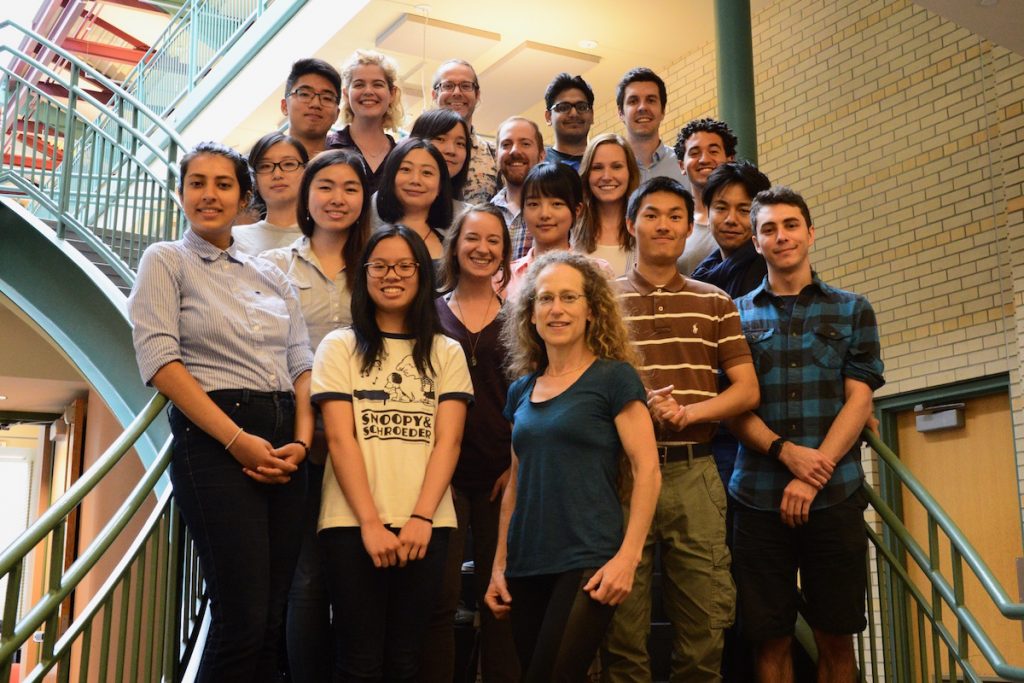The ArticuLab

The ArticuLab’s mission is to study human interaction in social and cultural contexts as the input into computational systems that in turn help us to better understand human interaction, and to improve and support human capabilities in areas that really matter.
At the ArticuLab, we study how people communicate with and through technology. We use technology as a way of better studying human-human communication, and use the study of human-human communication to design better technology. This interest leads us to questions concerning the intersection of language, learning, the body, and computational systems, through a range of interdisciplinary methods and tools. Benefiting from the synergy of rigorous experimental methods and extensive computational modeling, our work contributes to theoretical research in cognitive science, communication studies, learning sciences, artificial intelligence, human-computer interaction, and many other related disciplines.
Our research includes the interaction between humans and virtual peers we call Embodied Conversational Agents (ECA), as well as how humans interact with each other through computer-mediated contexts on the Internet and in online communities. We are also interested in how gender and ethnicity mediate technology use, including issues of power and empowerment. Finally, we are interested in how technology can be used for positive educational and developmental initiatives, such as improving literacy skills for children who do not grow up speaking Standard American English, or social skills for children with Autism.
We believe that work of this sort is made possible only through careful observation and fundamentally interdisciplinary approaches, involving experimental methods, analysis of conversational, social cognitive neuroscience, and machine learning, combined with the affordances of new, interactive media, models and simulations. We invite you to explore the projects, people and publications of the ArticuLab.
The ArticuLab is part of the ALMAnaCH NLP group at Inria Paris, as well as being affiliated to Carnegie Mellon University’s Human Computer Interaction Institute and the Language Technologies Institute, both in the School of Computer Science. We also participate in the extraordinary interdisciplinary PR[AI]RIE Paris Artificial Intelligence Research Institute. If you are interested in joining us, know that we are currently operating from INRIA Paris!

